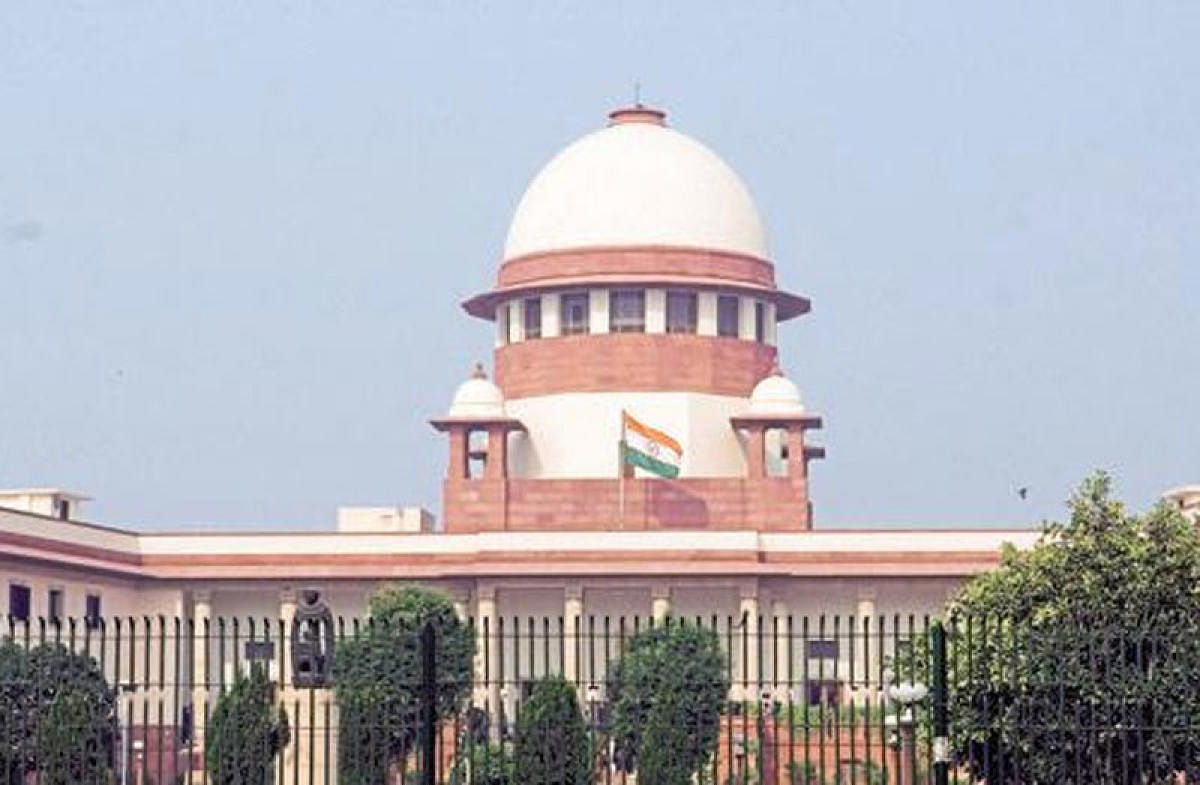The Supreme Court on Friday modified its two-judge bench direction to set up a family welfare committee at the district level to vet dowry harassment complaints before arresting the accused, by terming it as “erroneous” and “impermissible” in law.
A bench of Chief Justice Dipak Misra and Justices A M Khanwilkar and D Y Chandrachud said the directions issued in 'Rajesh Sharma and others vs State of UP and another' on July 27, 2017 on constituting the committees to suggest a report failing which no arrest can be made and the order to settle a case at the district court level were not correct the expression of law.
“We find that the directions are beyond the Code and the same does not really flow from any provision,” the bench said.
“There can be no denial that there has to be just, fair and reasonable working of a provision. The legislature in its wisdom has made the offence under Section 498-A (dowry harassment) IPC cognizable and non-bailable. The fault lies with the investigating agency which sometimes jumps into action without application of mind,” the bench added.
The top court, however, found nothing wrong with the directions stating no routine issuance of Red Corner Notice, no denial of bail till recovery of dowry items and clubbing of cases, saying those “do not sound a discordant note with the Code”.
A two-judge bench of Justices Adarsh Kumar Goel and U U Lalit had prescribed safeguards in dowry harassment cases to check arbitrary arrests of the accused persons, among others.
On a writ petition filed by NGO 'Social Action Forum for Manav Adhikar' and others, the three-judge bench said we think it appropriate to direct that the investigating officers be careful and be guided by the principles stated in 'Joginder Kumar', 'DK Basu', 'Lalita Kumari' and 'Arnesh Kumar' judgements.
“It will also be appropriate to direct the Director General of Police of each state to ensure that investigating officers who are in charge of the investigation of cases of offences under Section 498-A IPC should be imparted rigorous training with regard to the principles stated by this court relating to arrest,” the bench said.
The court also said the parties can settle the dispute only before the high court under Section 482 of the Criminal Procedure Code.

